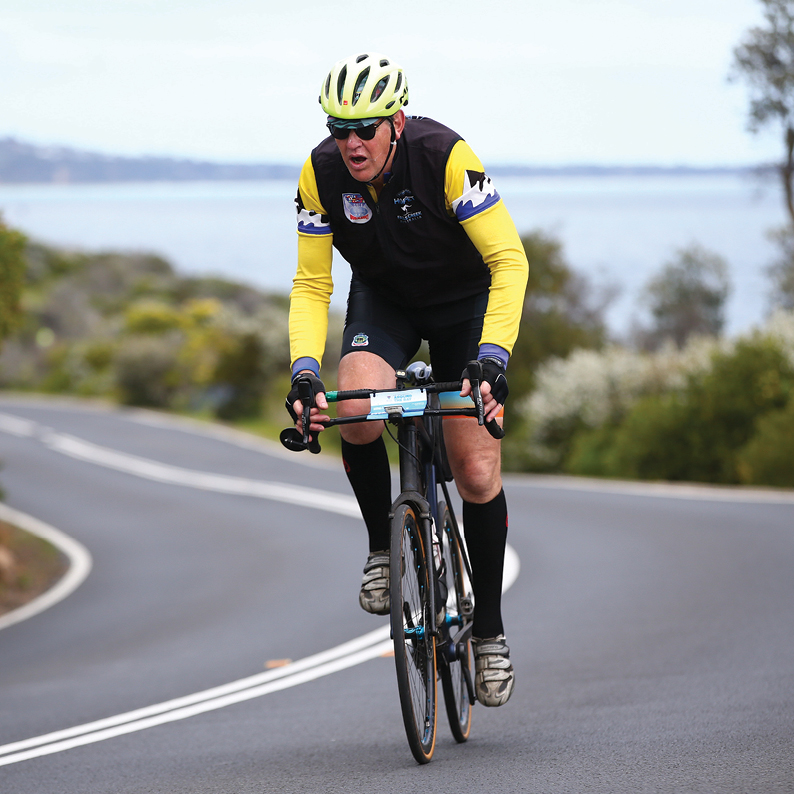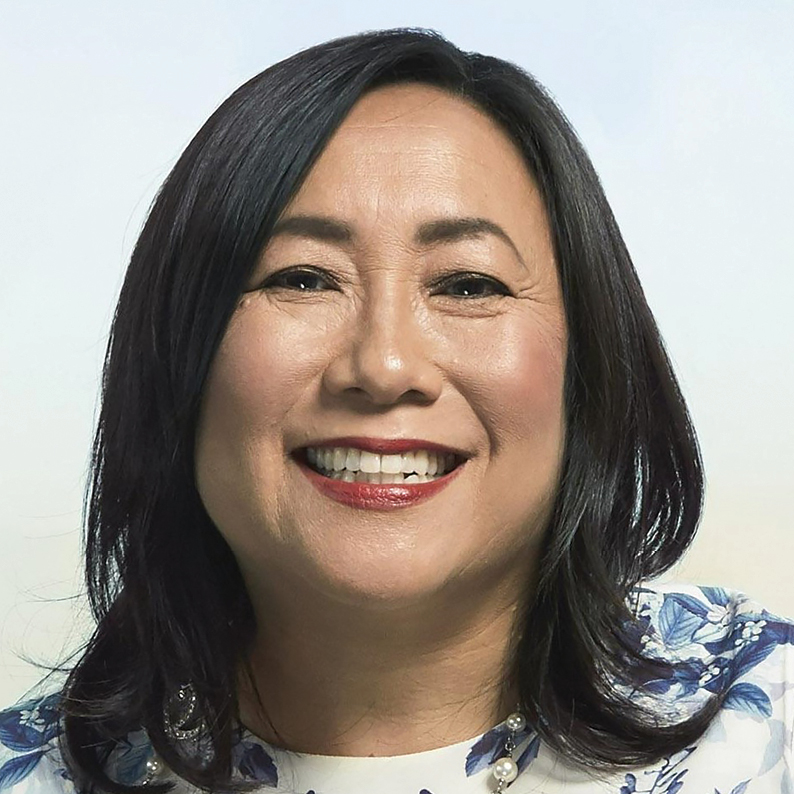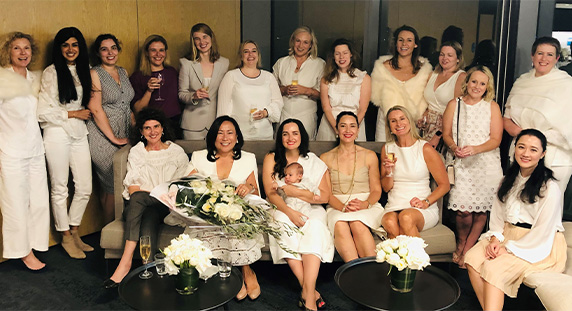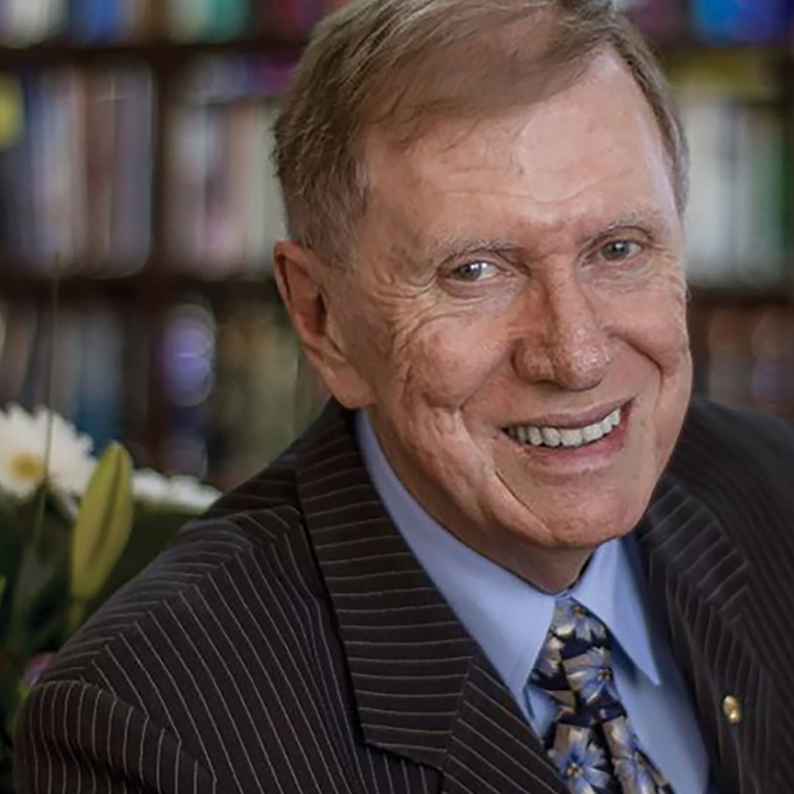Retirement: Life after law
What happens at the latter end of a long legal career? Meet three people whose years of practice have brought new learnings on life in the law – and beyond.
Chris Wall, a solicitor in Cooma in southern NSW, was “expecting to stay four years” in the practice he joined 41 years ago. Wall explains: “I moved here because I discovered cross-country skiing and wanted a job close to the Snowy Mountains.” He worked in and then bought the practice Walker, Gibbs & King, but now hopes to hand over the reins to the right person. However, succession is difficult in country practices.
Though 26 per cent of Australians live in rural and regional areas, only 10 per cent of lawyers work there. Wall lists some of the assumptions that deter lawyers from working in regional areas: reduced earning power, lack of good schools, and lack of legal networks.
For Wall, it’s the location that has kept him in the legal profession for the totality of his working life.
“It’s got everything,” he says. “First, there’s the variety of work in a regional practice. You have to be across so many areas. Then there’s work–life balance.” Work is a short walk from home, and he has time for the activities he loves: kayaking, skiing and cycling.

“It’s a great place to live and bring your kids up in. You live among people from all social strata, and small communities are very supportive,” he says.
The lawyer is a trusted figure in this environment. “You’re likely to do ‘family counselling’ in a small town. There’s a level of responsibility because you work with people you see all the time. If you work in the city, you can just do your work and the collateral damage never comes to your eyes.”
His advice: “Prioritise doing a good job. Knowing your stuff, and looking after your clients. Prioritise your family. Prioritise having a life outside work, because that’s what keeps you sane.
“The law is not inherently just hard work or a rewarding profession. It depends on what you make of it.”
An ecosystem of belonging
While Wall says the most important thing is to get the physical environment (the practice’s location) right, for Katrina Rathie it is the internal environment we should concentrate on: the workplace.
Rathie’s career embodies her view that inclusion in the workplace is the key factor in retention. She was the first Australian with a Chinese cultural background to be employed by Stephen Jaques in 1985 and the first Asian Australian equity partner appointed at Mallesons Stephen Jaques, now King Wood Mallesons. She retired in 2021 as the firm’s most senior female partner.

Rathie has won many accolades for her contributions to leadership in the law, and her advancement of gender and cultural diversity. Her roles in this area include active membership of the Law Society of NSW’s Diversity and Cultural Committee and NSW Patron of the Asian Australian Lawyers Association.
Now Rathie’s career has taken a different path. She’s moved into the business world. “I realised what I’d done in the law could be taken into other spheres of influence.
“My legal education taught me negotiation skills, how to speak up and speak out. You can take those skills with you for life – whether into a courtroom or the boardroom.
“I realised I wanted to have impact on Australian and Asian business. So I retired and began a board career, as an independent non-executive director.”
She adds: “I always will be a lawyer at heart. Law equips you for life.”
Rathie highlights the importance of sponsorship for supporting people from diverse backgrounds to rise to senior levels in the profession. “It’s all about succession planning,” she says.
“Women in the law, and culturally diverse women particularly, need sponsorship, someone in the partnership to push them up to partner, or senior associate. Or to be promoted to the judiciary. They need a loud person at the table who’s able to advocate for them.
“After you attract the talent, the retention of that talent is about the chemistry and the magic between the employee, the employer, the team. And for culturally diverse employees it takes a bit extra to feel a sense of inclusion.
Future proofing through inclusionDiversity Council Australia’s 2021–2022 Inclusion@Work Index shows that fostering inclusion may be key to “future proofing” the legal practice.
|

Rathie says, “What determines people’s sense of belonging and joy in their work is seeing how everyone is given opportunities, and has the chance to succeed and feel valued. That sense of fairness and equity is incredibly important. As is knowing their leaders are asking, ‘Do you have the right sort of work? Are we enabling you to have a life as well? Do you feel fulfilled?’ With those care and culture factors you’re creating an ecosystem of belonging.”
Research bears out Rathie’s advice. Diversity Council Australia’s 2021–2022 Inclusion@Work Index, referred to above, shows that working in an inclusive team has a significantly positive impact on a worker’s mental health. The report recommends managerial behaviours to improve inclusion and, therefore, retention: actively seeking out information and ideas from employees to inform decision-making; addressing behaviour that excludes people because of their age, culture, ethnicity, disability, gender, Indigenous background, or sexual orientation; and consciously including everyone, not only those who look, think or act like them.
“The law is not about prestige, money and power,“ Rathie says. “It’s about whether you have the passion and the love to really help people.”

A life in the law
A few hours before former Justice Michael Kirby spoke to the Journal, he had a revelatory experience. Reading an article about the James Webb Space Telescope, the most powerful of its kind, he was captivated by the images it produces.
“I realised,” he said, “seeing these images of the universe in its enormity, its infinity, its eternity, that in this age we can’t just retreat into little thoughts of local law. We have to have a bigger mindset, adjust our thinking to both the wonder and the dangers of our world.
“Though lawyers aren’t the most important actors in the drama, we have a very important role. And the role of international law is vital. We have to ensure its principles are a major influence in our legal system, to remind us that we’re all part of this one blue planet, and we’ve got to protect it.”
Kirby retired as a judge at the mandated age of 70. Now in his eighties, he is still deeply engaged in the law. His roles after his judicial retirement include President of the Institute of Arbitrators & Mediators Australia, Editor-in-Chief of The Laws of Australia and Co-Chair of the International Bar Association’s Human Rights Institute.
“My desire for a more just society, and activities to achieve this, continued throughout the time that I was a solicitor and a barrister.”
His involvement in justice began early. “As a young person, I found that being gay was not acceptable. I knew this was unjust, and that injustice in this area meant there were injustices in other areas. That led me to become an agent for change. Through civil society, I found opportunities to involve myself in activities to defend what I considered justice and the rights of disadvantaged people, including Aboriginal people, Asian Australians, women.
“My desire for a more just society, and activities to achieve this, continued throughout the time that I was a solicitor and a barrister.”
When he retired from the High Court of Australia in 2009, Kirby was Australia’s longest serving judge. His leadership roles included inaugural Chairman of the Australian Law Reform Commission, Judge of the Federal Court of Australia, and President of the NSW Court of Appeal. He was a member of many international bodies, including the WHO Global Commission on AIDS and the High Commissioner for Human Rights’ Judicial Reference Group.
His experience has taught him that “lawyers have to develop skills in listening carefully, and advising wisely, because they are helping people with problems – in both criminal and civil law cases.”
He adds: “The law is inherently stressful, involved with conflict resolution. So we have to be kind to ourselves, and to each other.”
Work–life balance is vital, Kirby says. “I have a passion for the law, but I’m not obsessive … I enjoy classical music, international affairs and history. And it helps having a partner who’s not in the law, who keeps me conscious of the limitations of life in the law.”
As Kirby reflects again on the immense power of the images generated by the telescope, he notes the contribution the legal profession can make to ensuring our planet’s future. “Uphold the principles of civil society,” he advises. “Join organisations of people who are striving for things you can support, like animal welfare, refugees – whatever moves you.
“That’s the key: being a joiner and seeing beyond the narrow world of the legal problems your work or studies are focusing on.
“That way we can work out how to make the rules of law more effective. And get all of humanity to agree on the steps we need to protect the future of our universe.”




